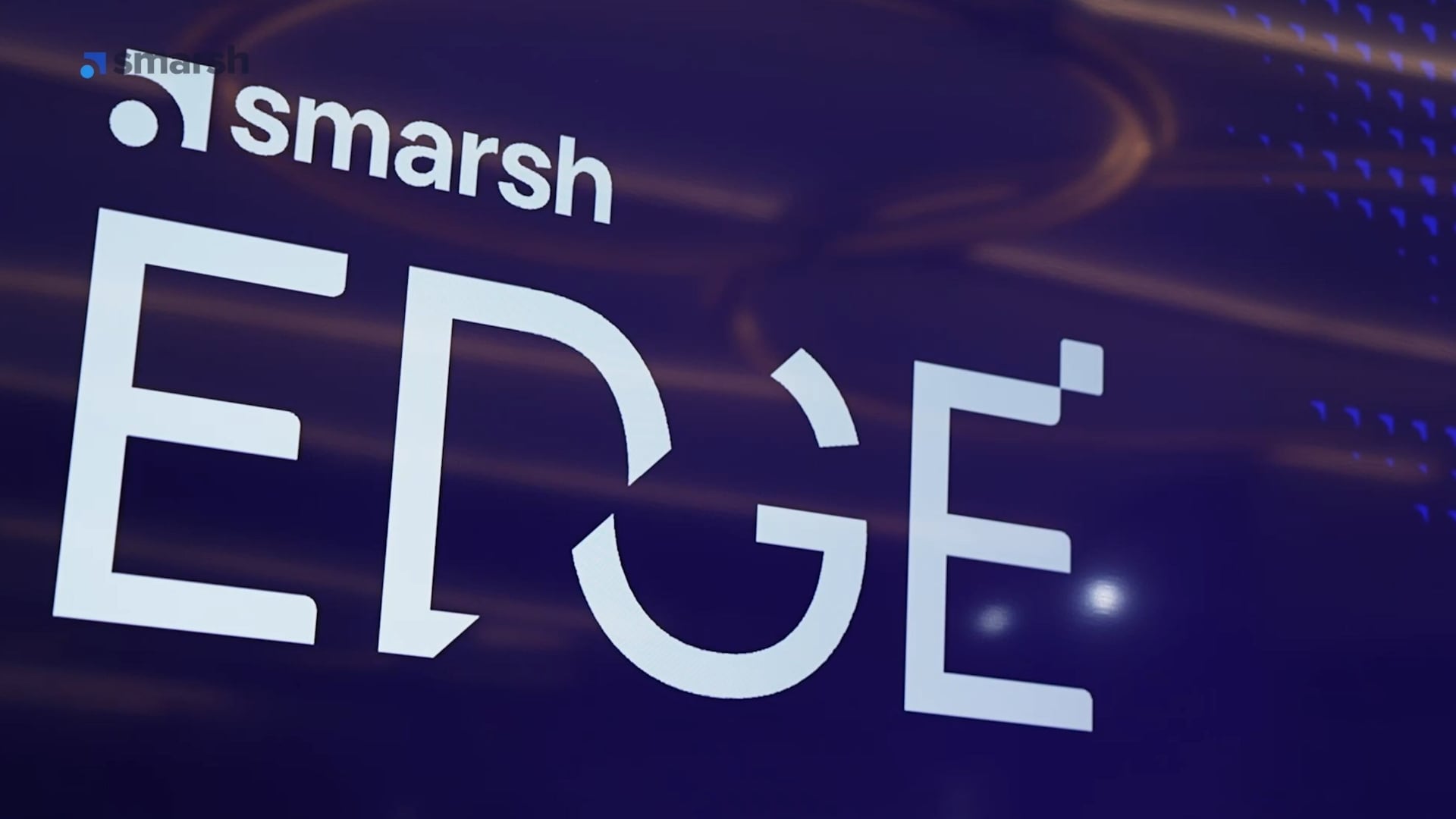As people abide by lockdowns and social distancing rules, drones have come to play a critical role in public health and helping cities operate amid COVID-19. Wing, a subsidiary of Alphabet, has seen a surge in demand. The use of the company's delivery service grew 500 percent in 2020 over 2019.
"I think the pandemic does have a silver lining in that we've realized how important it is to have access to the things people need every day, whether it be urgent medicine or even just staples around the house like toilet paper. Wing was happy to play our small part in the cities we're operating in to help bridge that gap of what people need and the access they have to have to things, and we think drone delivery is a very sensible way to do that," James Burgess, CEO of Wing, told Cheddar on Friday.
Before the pandemic, Wing's main focus was on residential drone delivery which proved to be a benefit when people swiftly began to adjust their lives last March. It wasn't just toilet paper and food people needed; medicine and even educational materials needed to get around.
"During the pandemic, the local library wanted to connect kids to their reading material and they had no other way to do it; and so we were happy to participate and deliver library books by drone, which is not something we had thought of but [were] really excited to apply what we can do on the technology front to what the communities need," Burgess said.
Wing currently conducts commercial drone delivery operations to consumers in the United States, Australia, and Finland. In 2019, Wing launched its U.S. drone delivery in Christiansburg, Virginia.
A better understanding of the function of drone delivery is an experiment. Individuals, businesses, and Wing are all trying ideas out. "We had a coffee vendor come to us and said, 'I don't know if people will order coffee by drone.' And it turns out to be exceedingly popular, so it's a combination of Wing trying things and seeing what's popular, seeing what works and delivers value, and also having a two-way conversation with communities and being willing to explore their ideas as well," Burgess said. (I mean, who doesn't want their coffee delivered by drone to their door?)
There may come a time we look up and see scores of drones navigating the sky. However, as they fly above our heads and to our homes now, safety and security is a big concern for many people. Though the risk may not be zero yet, Burgess assured it was safe. "Fortunately, from all the work Wing has done and working with regulators, we actually have data that shows this is the safest way to transport a package — safer than a car, even safer than walking down the sidewalk minding your own business," he said.
As people are adapting to the idea of drone delivery, Wing is also acknowledging communities' needs and concerns and says its drones create new opportunities for local businesses and help cities eliminate congestion on the road.












